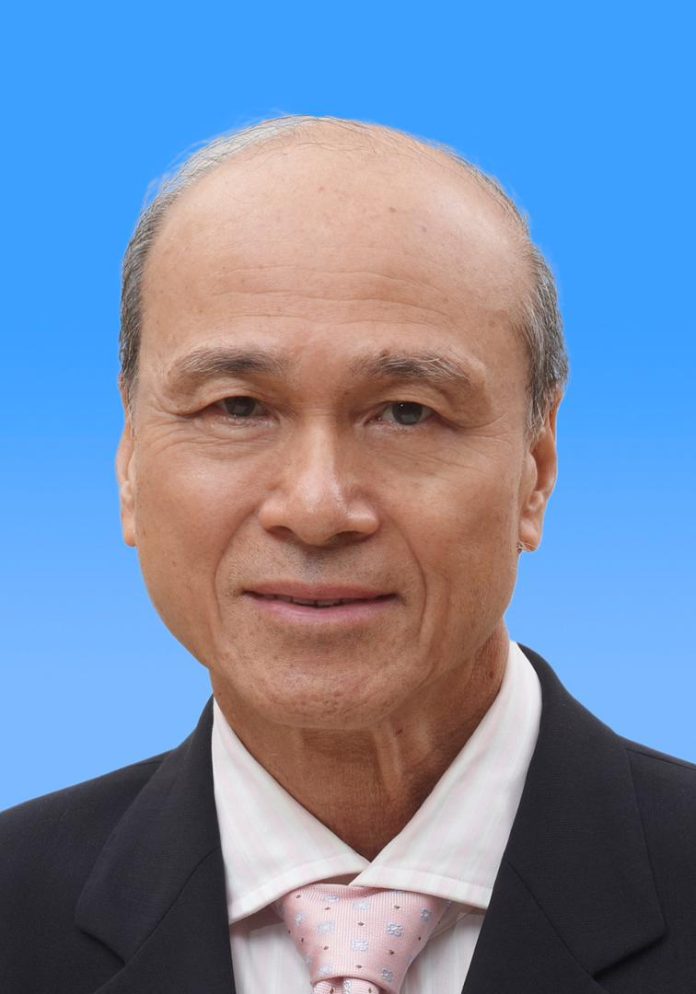By Tan Sri Lee Lam Thye, Member of the Mental Health Advisory Council
KOTA KINABALU: The nation was left in disbelief following the tragic incident in Melaka—a 17-year-old boy was arrested after allegedly killing his mother and elder brother, with another sibling seriously injured. The facts are chilling.
Initial reports point to past tensions in the household, possibly related to academic performance.
A confession was made, and charges have been filed.
There is no justification for what happened.
The loss of two lives and the trauma inflicted on a surviving sibling are beyond comprehension.
Regardless of motive, this was a violent act with devastating consequences.
It is essential that justice takes its course.
But as a society, we must also ask ourselves: how did we reach a point where such a tragedy could even occur?
This is not about excusing wrongdoing. It is about examining the cracks in our systems—cracks that, if left unaddressed, may continue to widen.
Mental health struggles, especially among adolescents, are real.
Depression, anxiety, emotional isolation, and unprocessed anger can fester when left undetected.
We must confront the fact that many teenagers do not have safe emotional outlets.
School counsellors are overstretched or unavailable.
Parents often lack training to detect signs of distress. And young people, fearing judgement or punishment, suppress instead of express.
This is where we need intervention—not as a reactive measure after tragedy strikes, but as a preventive ecosystem.
The Ministry of Education must strengthen its counselling infrastructure, ensuring every school has dedicated professionals trained in adolescent psychology—not just administrative staff labelled “counsellors”.
Uh, schools must adopt emotional literacy programmes, teaching students not just how to achieve but how to cope, reflect, and reach out when overwhelmed.
The Ministry of Health and the Ministry of Women, Family, and Community Development must work together to build accessible, non-stigmatised mental health services in both urban and rural areas.
Mobile units, school-linked referral pathways, and youth-friendly clinics should be scaled up.
Crucially, national campaigns must educate carers and teachers about emotional intelligence, respectful communication, and recognising red flags.
No parent wants to believe their child could hurt someone.
But denial helps no one. Early intervention does.
Let us be clear: violence is never acceptable. But silence and inaction, too, can be dangerous. If this tragedy becomes the catalyst for deeper conversations and decisive reforms around youth mental health, then perhaps we can prevent future loss—before grief becomes the only language left.


